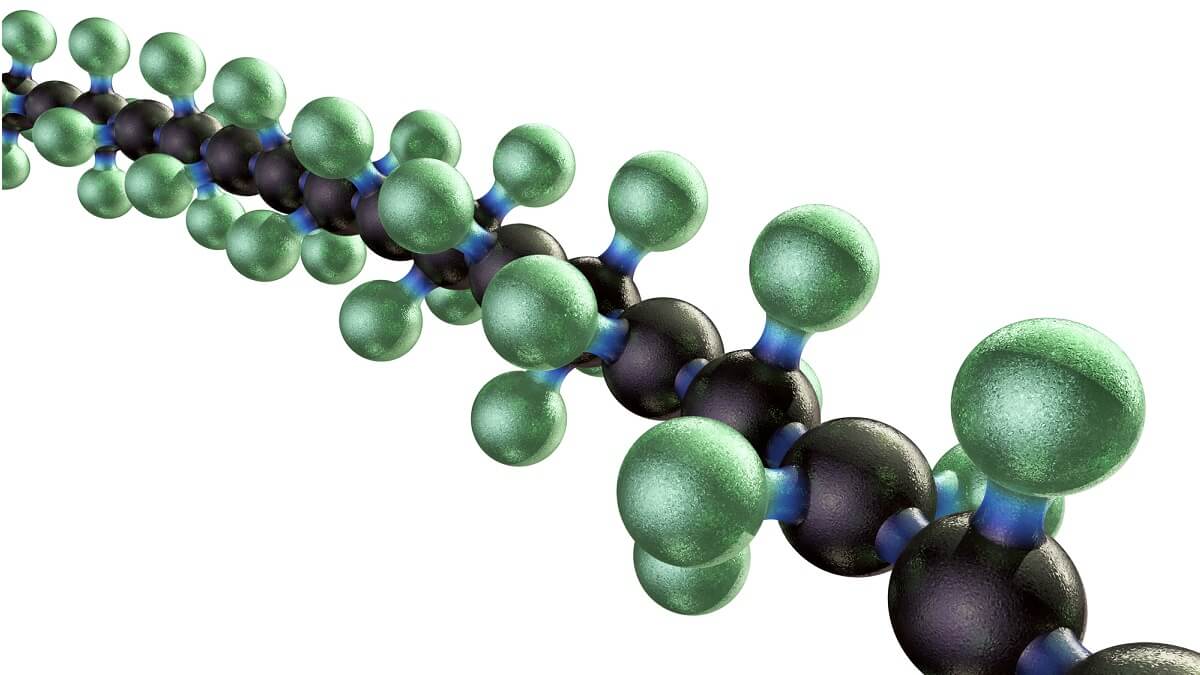Lasting Polymers: Eco-Friendly Solutions for the Future
Lasting Polymers: Eco-Friendly Solutions for the Future
Blog Article
Exploring the Varied Applications and Benefits of Polymers in Different Industries
Polymers, with their diverse array of homes and performances, have actually ended up being indispensable in various markets, each reaping one-of-a-kind benefits from their application. From boosting security and performance in the automotive field to reinventing medical gadgets in the healthcare market, polymers play a crucial function.
Automotive Sector Applications
Polymers play a crucial role in improving the performance and longevity of different parts within the automobile field. These versatile products are thoroughly utilized in the manufacturing of various components, ranging from interior parts to under-the-hood applications. One prominent use polymers in the automotive market remains in the production of lightweight elements. By changing typical metal components with polymer-based choices, cars can attain improved fuel effectiveness without compromising on strength or security.

Healthcare Market Advantages
In different health care applications, the advantages of making use of polymers are commonly recognized for their diverse range of useful residential or commercial properties. Polymers play a critical role in the healthcare industry due to their flexibility, biocompatibility, and cost-effectiveness. One of the primary advantages of polymers in medical care is their ability to be customized to details needs, such as adaptability, durability, and biodegradability, making them perfect for a vast array of medical applications.
Polymer-based materials are thoroughly utilized in medical gadgets, such as catheters, implants, prosthetics, and medication delivery systems, because of their biocompatibility and capability to imitate all-natural tissues. These products can minimize the danger of allergic reactions or beings rejected, boosting person safety and security and results. Furthermore, polymers are lightweight, making them ideal for wearable medical tools and making sure client convenience.
In addition, polymers allow the growth of ingenious therapy techniques, such as hydrogels for cells engineering and nanocomposites for targeted medication distribution. Their ease of handling and sanitation makes them necessary for maintaining high requirements of hygiene in medical care settings. Generally, the diverse advantages of polymers add considerably to improvements in medical modern technology and client treatment.
Ecological Benefits of Polymers

In addition, polymers can add to energy savings because of their lightweight nature. In markets such as transportation, light-weight polymer materials can assist minimize fuel intake and greenhouse gas emissions. In addition, polymers can allow the development of energy-efficient items such as insulation products that improve energy conservation in buildings.
Additionally, polymers play a crucial role in decreasing water pollution. For example, using polymer-based filtering systems can efficiently get rid of toxins and pollutants from wastewater, securing water sources and environments. On the whole, the ecological advantages of polymers make them beneficial properties in promoting sustainability and environment-friendly methods across numerous industries.
Polymers in Electronic Devices and Modern Technology
Considering the increasing need for ingenious and sustainable remedies in contemporary industries, the assimilation of innovative polymer innovations in the realm of electronic devices and technology has become a crucial technique for driving efficiency and efficiency. Polymers have revolutionized the electronic devices sector by allowing the production of lighter, much more adaptable, and sturdy digital devices. From smart devices to clinical devices, polymers play an essential function in boosting product style and functionality.
One considerable benefit of polymers in electronics is their protecting read more residential properties, which help shield delicate digital parts from environmental variables and electric interference. Furthermore, polymers are important in the development of flexible screens, wearable technology, and published electronics, using endless possibilities for creating clever and interconnected devices.
Additionally, the usage of polymers in electronic product packaging has led to improvements in miniaturization and thermal management, improving the general efficiency and integrity of digital systems. As technology proceeds to develop, the adaptability and versatility of polymers will most certainly drive further advancement in the electronic devices market, shaping Going Here the future of modern technology.
Role of Polymers in Building and Facilities
The assimilation of innovative polymer products in building and construction and facilities tasks has revolutionized the way frameworks are designed and developed in contemporary times. Polymers offer various advantages in the building industry due to their flexibility, toughness, and cost-effectiveness. One key role of polymers in construction is their use in coverings and sealants, providing security versus environmental elements such as moisture, UV radiation, and corrosion. Furthermore, polymers are utilized in the manufacturing of lightweight and high-strength composite products, enhancing the structural stability of buildings while reducing total weight.
Additionally, polymers play a vital function in sustainable building and construction methods by enabling the development of energy-efficient structures. Insulating products made from polymers help manage indoor temperature levels, minimizing the requirement for heating and cooling systems and inevitably decreasing energy intake. Additionally, using polymer-based composites in framework jobs such as bridges and roads boosts their durability and lowers maintenance expenses. Overall, the consolidation of polymers in construction and facilities displays their significant effect on modern design techniques.
Conclusion
Finally, polymers play a crucial role in various markets such as vehicle, health care, environmental, electronics, here are the findings and building. Their functional residential or commercial properties make them useful in producing innovative options and products. From boosting gas performance in lorries to improving medical gadgets, polymers use many benefits. Furthermore, their effect on minimizing waste and advertising sustainability highlights their value in contemporary applications. The extensive use polymers demonstrates their significant payment to progressing modern technology and boosting high quality of life.
Report this page